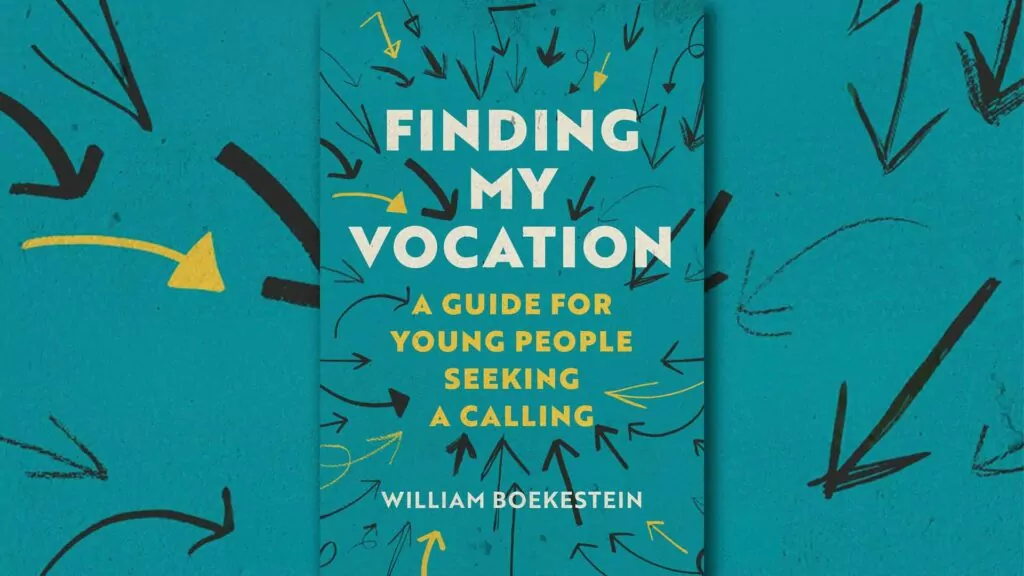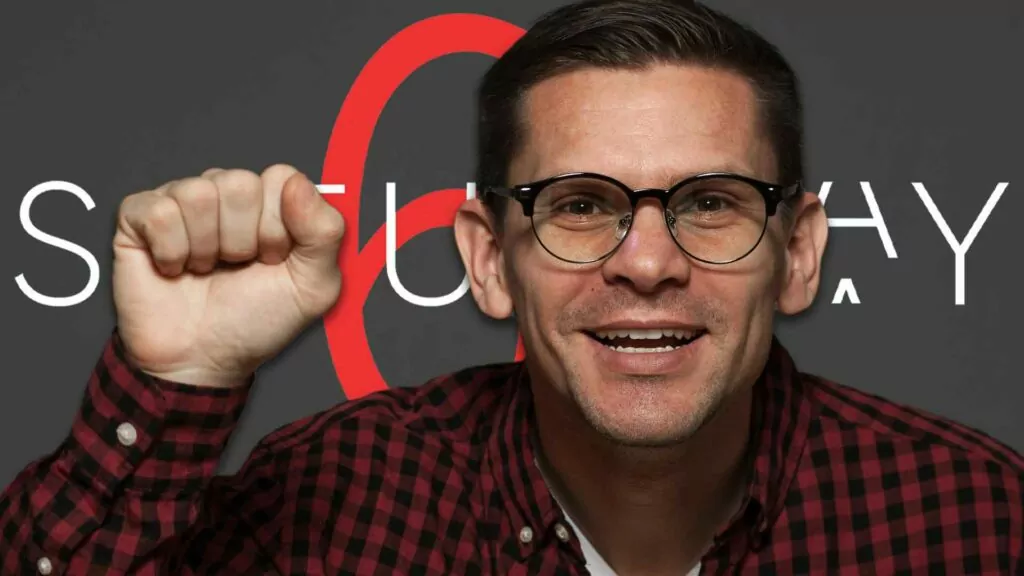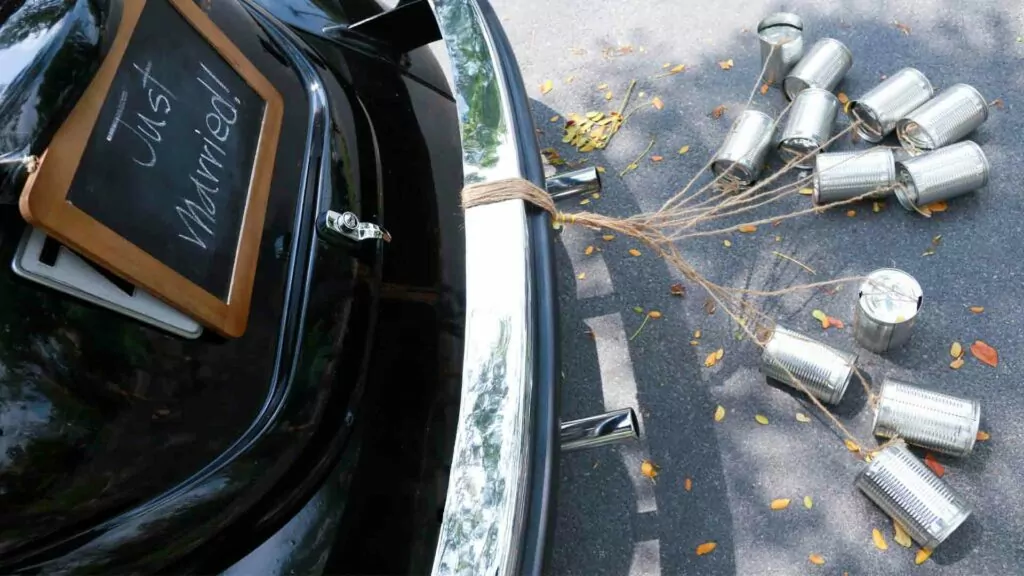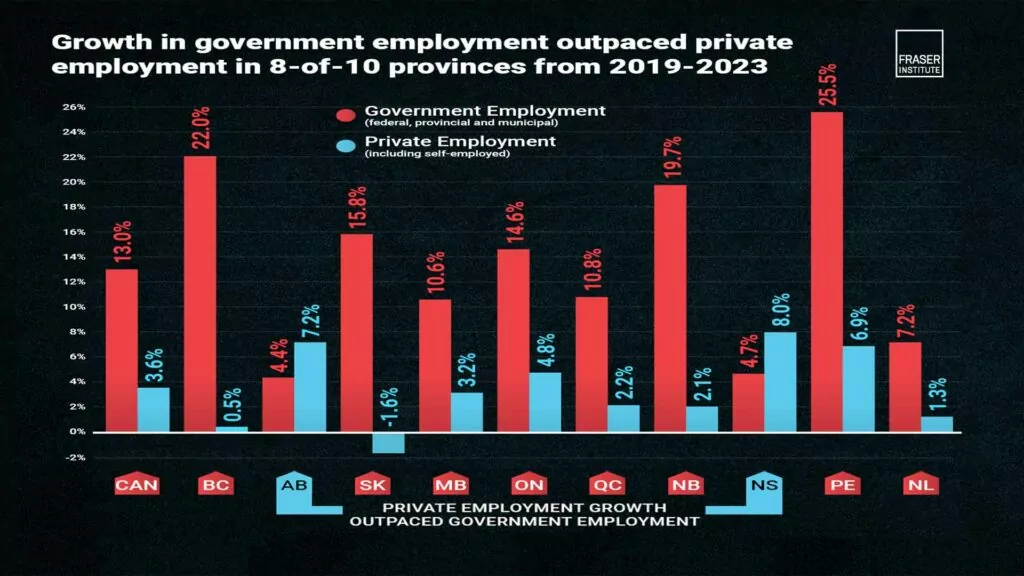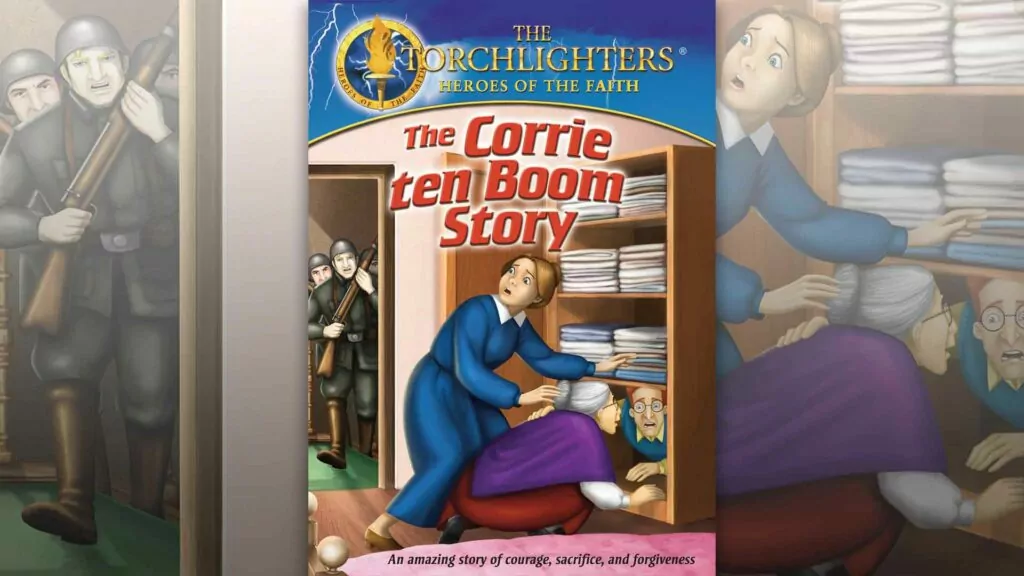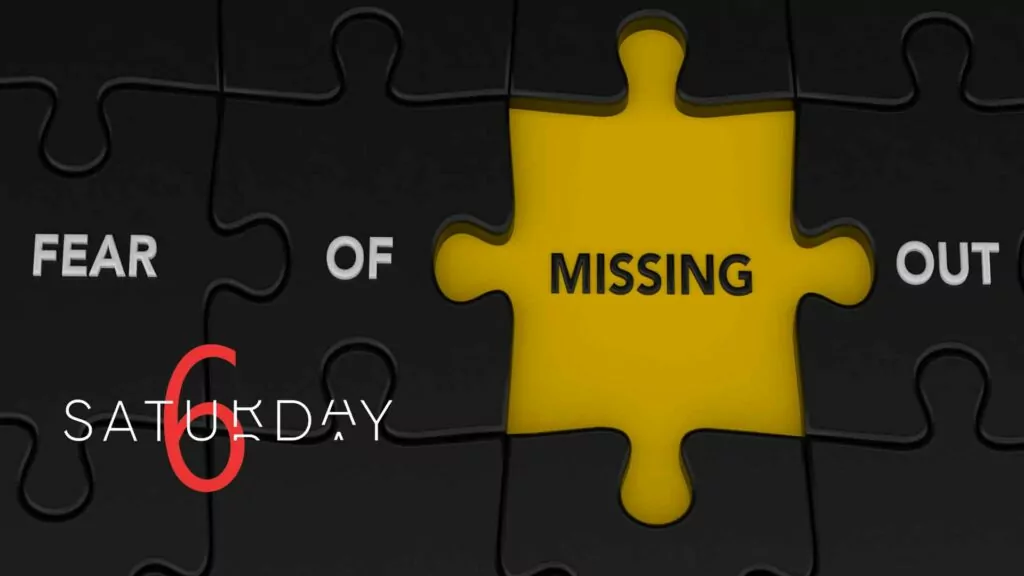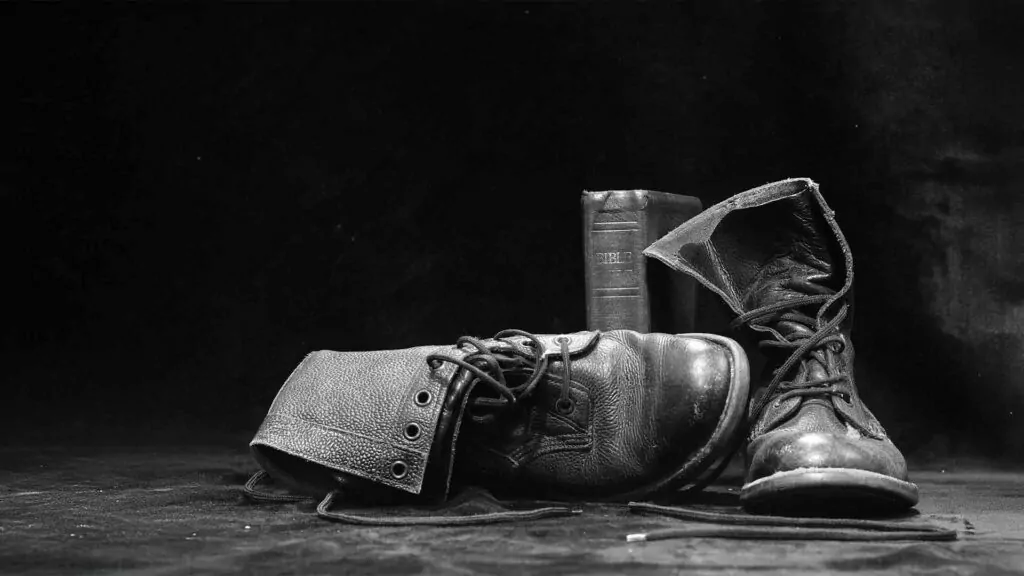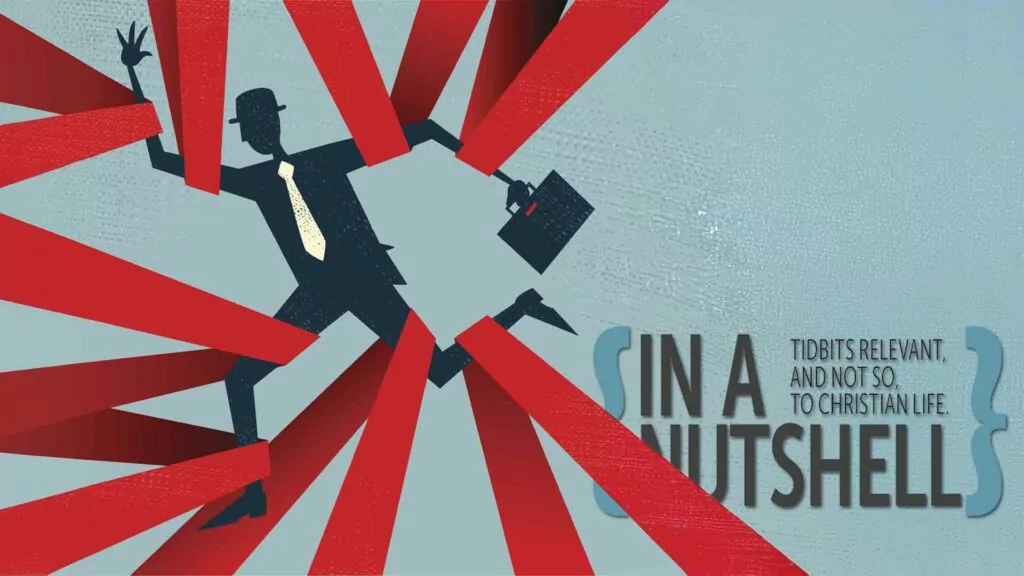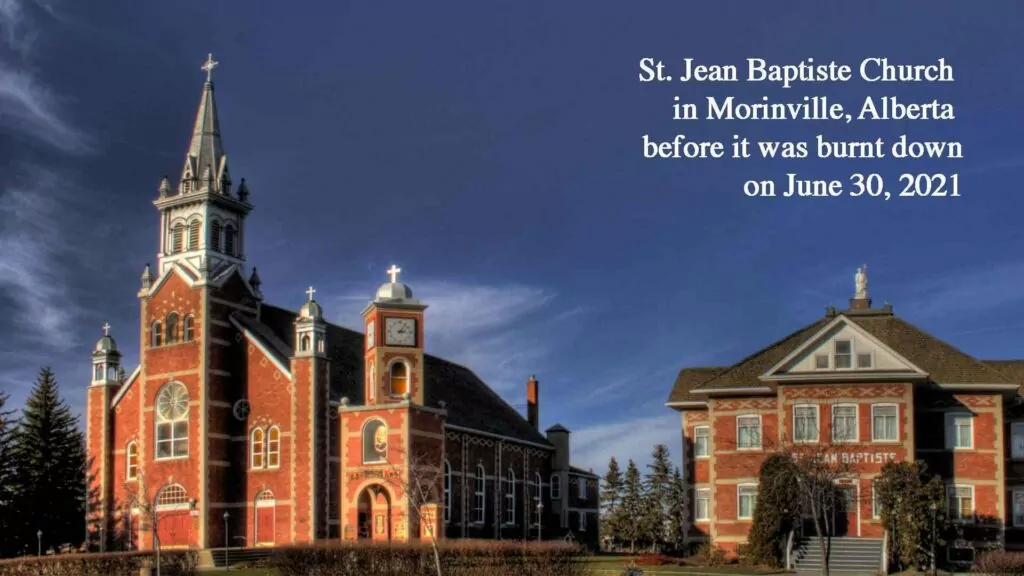
Christian education
What about a Christian university? My experience at Dordt University
I love learning. Whether that love is innate or whether it was instilled in me as I grew up, I don’t know. I’ve always loved learning about pretty much anything. The biological intricacies of life, the vastness of space, the stories of history, the nuances of political philosophy, or the mysteries of the end times have all taken their turns at seizing my imagination.
And that learning didn’t stop at head knowledge. I remember a specific story from Ralph Moody’s Little Britches, a novel that my dad once read aloud to me and my younger siblings. I’ve forgotten most of the plotline, aside from the fact that the homesteading setting reminded me of the Ingalls in The Little House on the Prairie, but I remember the analogy that the father relayed to his younger sons. “Your character is like a house,” Pa said, “You can either add boards to build it up, or you can tear boards off.” Ever since, that idea that your character requires constant building and maintenance has been etched into my mind.
And so, when I was in my final year of high school, I naturally looked for places to pursue this love of knowledge and continue to build my character as a young Christian man.
I didn’t even bother applying to secular institutions. I knew that I might glean some knowledge there, but that they certainly wouldn’t form me into a godlier Christian. To borrow from some of the parables of Jesus and the analogies of James, why would I expect a bad tree to produce good fruit or a salty spring fresh water? No, if I truly wanted to mature in my faith, I felt that an education in an institution that is antithetical to God simply wasn’t a wise option. I had spent twelve years being homeschooled, studying at a Christian school, and attending a Reformed church. My parents, my teachers, and my pastors all emphasized the importance of Christian education. Why would I forsake that lynch pin in my Christian formation after graduating high school?
And so I applied to the Christian institution I was most familiar with: Dordt University. My parents had both attended the rural university in northwest Iowa. I had just stayed on campus for a week during a family reunion the previous summer. I had extended family in the area. I got a decent scholarship and was lured by the opportunity to play on a university hockey team. And so, two months after graduating from high school, I packed my bags and made the twenty-five-hour road trip stateside.
Now, I have no idea what God has in store for me over the remaining years of my life, but my four years at Dordt have been the best four of my life. And I count myself a wiser, godlier, and more successful person for them.
The benefits
The formal academics were part of it. Dordt is a liberal arts university, meaning that every student has to take a wide range of courses in addition to required courses in their field to graduate. All of these courses were based in a Reformed Christian worldview, focusing on the religious orientation, creational structure, and creational development of all the subject matter and contemporary responses of Christians in these fields. In my experience, this Reformed worldview was applied just as consistently – if not more consistently – than the Reformed high school that I had attended.
The relationships that I formed, though, were even more impactful. In university, you might be shaped by professors in the classroom 15-20 hours a week, but I interacted with other students almost every waking hour. Over 90% of Dordt’s student body lives on campus in dormitories or apartment buildings, so you are with fellow Christian students virtually all of the time. Because of this continual contact, I formed more and deeper friendships with fellow students at Dordt than at any other time of my life. I developed deep friendships with roommates, hockey teammates, and members of my “Dordt family.” These friendships even extended to the professors. I visited the homes of three or four professors over the years, attended church with some of them, and even exchanged Christmas cards with one over the years. Some of the godliest role models that I have met were fellow students from Dordt’s hockey team and from student Bible studies.
Dordt is also where I met my wife, Jillian. Now, both Jillian and I very intentionally went to Dordt not to find a future spouse. We were there to study and learn, particularly in our first couple years of study. But God, in His providence, had other plans for us. He brought us together in our first year of university. We dated and were engaged most of our university life and got married a few months after we graduated. One of the most important decisions of your life is finding a spouse. I’d hazard a guess that most members of the Reformed community have found a godly spouse from their local church or local Christian high school, though some may have gone further afield to a regional youth retreat in search of marriage partners. One of the advantages of a Christian post-secondary institution is that it brings young Christian men and women from across the country – and, in my case, across the world – to the same spot.
And while I firmly believe that the primary reason for education is for personal formation – formation of character as well as knowledge and skills – getting a post-secondary degree is certainly an ancillary bonus. With so many professional jobs today requiring or giving preference to applicants with a post-secondary degree, getting a degree opened up a whole new world of employment opportunities and has made me better at the job that I have now. There would be no way that I could write in this magazine as well, or analyze policies for ARPA as astutely, without having attended a Christian post-secondary institution.
And finally, attending a Christian post-secondary institution was just plain fun. I stayed up well past midnight almost every night for four years laughing with friends and engaging in deep conversations with roommates. I hit the ice four times a week for hockey practice and traveled the central states playing back-to-back hockey games Friday and Saturday evenings. I started a Sunday afternoon board games club to challenge friends to friendly games of Settlers of Catan, Seven Wonders, or Tammany Hall. I traveled to Washington, DC, to attend a national conservative political action conference and volunteered at a presidential debate with the College Republican Club. I volunteered to visit a fundamentalist Mormon community in Arizona, a Navajo reserve in New Mexico, and hurricane-battered New Orleans for short-term missions trips on three of my spring breaks. I won a campus air band competition, participated in the campus choir, and jammed with talented student vocalists and musicians.
A growing number of people point out that a university education might not have a positive return on investment. In other words, it might end up costing more to attend in tuition payments and lost years of income than would be made up in higher salaries over the rest of your working life. And, depending on your field of study, that can be true. But, in my opinion, that is a pretty bare, narrow calculation. If it is just about the money and just about the degree, don’t bother with Christian post-secondary. You can definitely find cheaper alternatives to get a university degree. But Christian post-secondary is more than just about dollars and cents. If you prioritize deepening your spiritual walk with the LORD, developing a godlier character, making lifelong friends, and cultivating a more consistent Reformed Christian worldview, then Christian post-secondary, especially when it has a solid Reformed base, has a lot more plusses in its column.
The dangers
Of course, that doesn’t mean that there are no minuses to Christian post-secondary. No institution this side of glory is perfect. Even the best Christian post-secondary institution has its faults. The temptations common to young people in every other sphere of life don’t simply disappear because they are on a Christian campus. Discerning parents and prospective students should certainly be aware of the imperfections of Christian post-secondary institutions.
I saw students kicked out because of substance abuse and disciplined because of sexual sins. Some students seemed to be more interested in partying and troublemaking than studying. A saddeningly high number of students didn’t attend church on a regular basis, much less twice a Sunday. Most students thought that it was perfectly acceptable to study on Sundays. Some professors were fired for bad theology or inappropriate conduct.
And some unorthodox views will certainly be present on any Christian post-secondary campus, either among the student body or among the faculty. I encountered a belief in theistic evolution, the embrace of LGBTQ identities, and an egalitarian view of gender. Many Christian universities certainly leave something to be desired on these topics.
The bottom line
In my experience, the perceived and real dangers and costs of Christian post-secondary have led many in the North American Presbyterian and Reformed churches (NAPARC) orbit not to even seriously consider a Christian post-secondary education, much less actually pursue one.
At the end of the day, I’m sharing my positive experience with a Christian university. And I’m not necessarily arguing for a specific Christian institution. There are lots of Christian universities, colleges, institutes, and Bible colleges in North America that are faithful to God’s Word to varying degrees, and I think that there is a strong case to be made that new orthodox institutions need to spring up to train the next generation to participate in all areas of society with a Christian worldview. But I certainly am arguing for the concept of Christian post-secondary education.
I’ll wrap up with an application of the familiar parable of the talents. In this parable, a master gives each of his servants different amounts of money to steward while he is away. When he returns, he rewards the fruitful servants who grew that money and rebukes the fearful servant who simply hid his talent in the ground. Sandwiched as it is between other accounts of the final judgement in Matthew 25, the central message of this parable is clear. God expects us to develop the gifts that He has given us to their fullest extent. Burying those gifts is not only a waste. It is condemned.
Not every high school graduate has the academic aptitude, moral character, or the financial means to attend a Christian university. But to those who do, I encourage you to at least seriously consider one Christian post-secondary institution. It can be an excellent way to cultivate the gifts that God has given you and to grow in your development as a follower of Christ.











